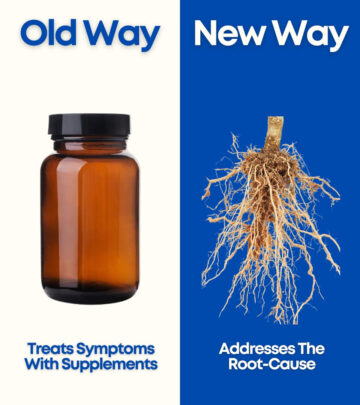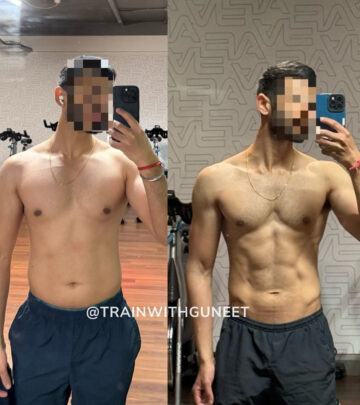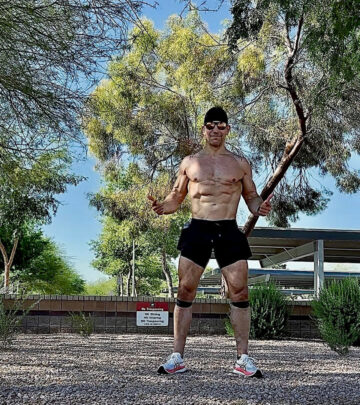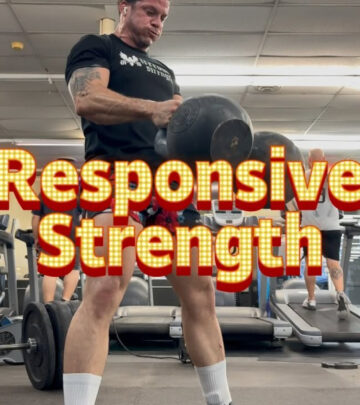Sabina Ellingham Champions Seed Oil Free Diet
Health Coach Sabina Ellingham urges switch from industrial seed oils for hormone balance!
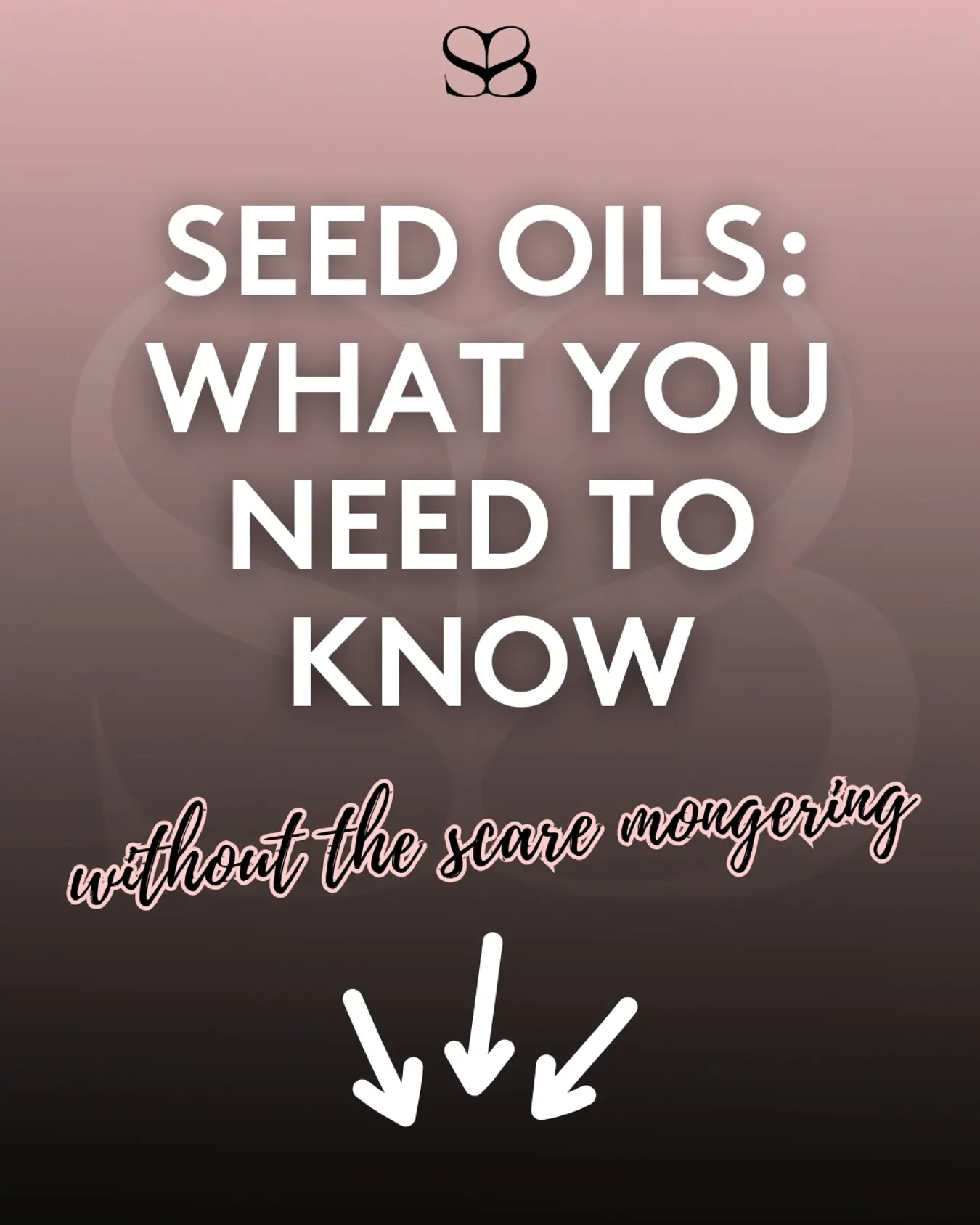
Image: Instagram
Sabina Ellingham, a well-known health coach and advocate for clean eating, is drawing attention to the hidden dangers behind commonly used seed oils. In a recent post, Ellingham detailed her personal reasons for reducing her intake of oils such as rapeseed (canola), sunflower, soybean, and corn oil – ingredients that have become staples in modern diets yet may not be ideal for our long-term wellness.
How Seed Oils Are Processed
According to Ellingham, much of the seed oils found in many foods are not cold-pressed like extra virgin olive oil. Instead, these oils undergo a high-heat, chemical extraction process that often uses hexane, a petroleum by-product. The process doesn’t stop there; they are then bleached and deodorised to extend shelf life and improve palatability. Ellingham points out that this industrial method of production ultimately damages the oils and creates unstable compounds that our bodies struggle to process. This insight is a wake-up call for consumers who may not be aware that products they use regularly might be impacting their health negatively.
Health Implications
One major concern highlighted by Ellingham is the high level of omega-6 fatty acids present in these seed oils. While omega-6 fatty acids are necessary in small amounts, an excess – especially when not balanced with sufficient omega-3s – can lead to chronic inflammation. Chronic inflammation has been linked to a variety of health issues, including hormonal imbalances, skin problems, gut issues, joint pain, and even an increased risk of heart disease. The post emphasizes that this discussion isn’t about inciting panic, but rather about raising awareness. For those working on improving energy, mood, digestion, and hormone health, minimizing daily exposure to these oils could have a powerful impact.
Clean Alternatives
In advising her clients, Sabina Ellingham recommends several alternatives to industrial seed oils. Instead of using canola or soybean oil, she encourages using extra virgin olive oil for dressings or low-heat cooking, avocado oil for medium-high heat, coconut oil for baking, and even grass-fed butter, ghee, or traditional fats like tallow or beef dripping. These substitutes are not only less processed, but they also offer nutritional benefits that support hormone balance and overall wellness in a natural way.
Ellingham notes that making these small swaps in daily cooking can accumulate into significant health benefits over time. By steering clear of oils that contribute to inflammation, people may experience improvements in various aspects of their health, from skin conditions to digestion and even energy levels.
Client Insights And Everyday Impact
While the focus of the post is on the detrimental aspects of industrial seed oils and the advantages of switching to nutrient-rich alternatives, Ellingham also draws on her broader experience as a health coach. In her social media presence, she has shared transformation stories and personal training moments that reflect her commitment to a holistic lifestyle approach. For instance, in previous posts, she shared glimpses of her own workouts, emphasizing how staying fit is not just about appearance but about overall mental clarity and sustained energy. These posts have resonated with many women who are looking to gain more control over their nutritional intake and well-being.
Ellingham’s approach is grounded in practical advice. She makes it clear that while perfection is not the goal, awareness and small, consistent changes can lead to significant improvements. This is especially timely when considering modern eating habits that rely on convenience over quality. By choosing to switch out seed oils that are mass produced and heavily processed, individuals can support their body’s natural balance and work towards better long-term health outcomes.
Industry And Lifestyle Trends
The debate over seed oils is not entirely new, but it continues to gain traction as more health professionals scrutinize the link between diet and chronic inflammation. Ellingham’s message fits into a broader trend within the nutrition and wellness communities. As people seek out cleaner eating practices, many nutrition experts are echoing the sentiment that industrial production practices can have unintended health consequences. These trends, which are also visible in the fitness world, encourage a return to less processed, more traditional food fats that not only taste better but also nourish the body more effectively.
In related posts on her Instagram, Ellingham has shared multiple snapshots of her daily routines. One post shows her mid-workout, a reminder that physical fitness and nutritional awareness go hand in hand. Another post showcases her natural approach to managing everyday challenges with simple, clean swaps that have improved her clients’ confidence and overall performance in daily life. These visual narratives reinforce her message, building trust among her followers and adding context to her professional advice.
Sabina Ellingham, known both for her insightful nutrition tips and her authentic approach to health coaching, remains a trusted voice among those looking to navigate the complexities of modern diets. Whether advising new clients or sharing personal anecdotes, her focus on clean, unadulterated alternatives and on understanding the processing behind everyday ingredients makes her a valuable resource in the wellness community.
Her candid discussion about seed oils serves as an important reminder: informed choices about what we eat, combined with an understanding of how our food is produced, can empower us to live healthier, more balanced lives. As she continues to guide her clients through lifestyle changes and nutritional challenges, Ellingham’s message stands out as both practical and proactive—a call to attention for everyone who cares about their long-term health.
Read full bio of Manjari Uppal



